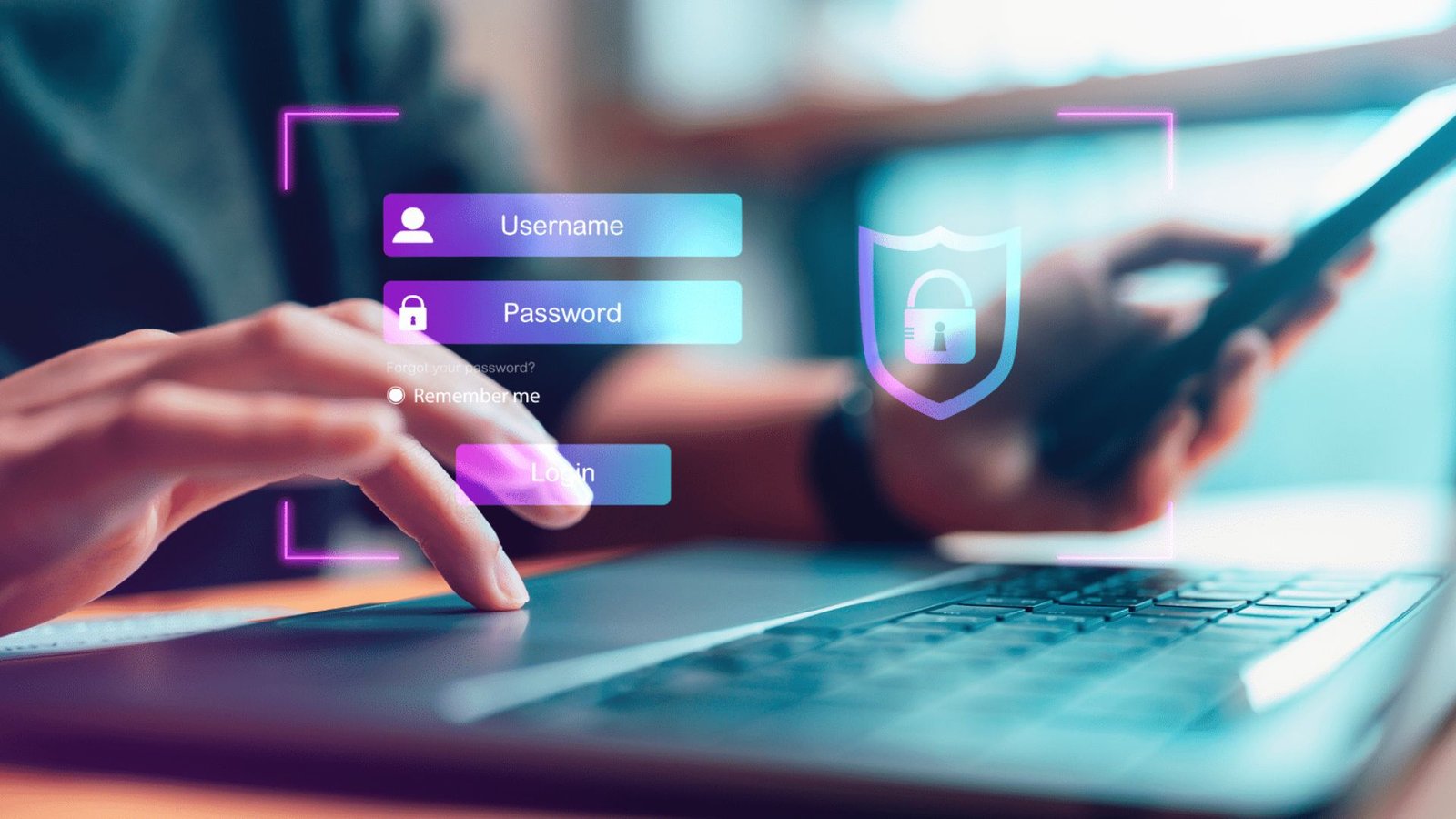How Does Security Technology Protect Personal Data
In today’s digital world, personal data is everywhere. From your social media accounts to your online shopping habits, your personal information is often stored and processed by various systems. But how is this data kept safe from cybercriminals and hackers? That’s where security technology comes in. Let’s explore how different technologies work together to protect your personal data.

Technology, Efficiency, and Smart Breaks
At VITEC Distribution, we focus on delivering top-tier solutions for professional video and broadcast systems. Staying at the cutting edge of technology requires both precision and periodic downtime. For a quick and engaging way to relax, explore some of the best online casino websites offering quality digital entertainment.
1. Encryption: The Key to Data Security
One of the most important methods of protecting personal data when playing at gambling360 blackjack is encryption. Encryption is the process of converting data into a code that cannot be easily read without a special key. This means that even if someone gains access to your data, they won’t be able to understand it without the correct decryption key. For example, when you make an online purchase, your credit card details are encrypted, ensuring that no one can steal them during the transaction.
2. Firewalls: Blocking Unwanted Access
Firewalls play a crucial role in protecting your data by blocking unauthorized access to your computer or network. They act as a barrier between your system and the internet, preventing malicious software or hackers from gaining access to your data. Firewalls filter incoming and outgoing traffic, allowing only safe connections while blocking potential threats. Without firewalls, your personal information would be much more vulnerable to attacks.
Innovative Solutions for Your Distribution Needs
Vitec Distribution provides reliable technology solutions to streamline your business operations. Discover engaging entertainment options at wolfwinner Casino VIP during your downtime.
3. Two-factor authentication (2FA): Adding Extra Protection
Two-factor authentication (2FA) is another powerful security measure. It requires users to provide two forms of identification before they can access their accounts. Typically, this involves something you know, like a password, and something you have, like a mobile device that generates a one-time code. Even if someone manages to steal your password, they won’t be able to access your account without the second form of verification, making it much harder for attackers to gain unauthorized access.
4. Antivirus Software: Detecting and Removing Malware
Antivirus software is essential for detecting and removing malware, which includes viruses, worms, and spyware that can steal or damage your personal data. These programs continuously scan your system for suspicious activity and prevent harmful software from infiltrating your device. By regularly updating your antivirus software, you can protect your data from emerging threats and ensure that your personal information stays safe.
5. Data Backups: Safeguarding Against Data Loss
In addition to protecting your data from hackers, it’s also important to guard against data loss. This can happen due to accidental deletion, system crashes, or natural disasters. Data backups help prevent the loss of important files and information by creating copies stored in a secure location. Whether it’s cloud storage or an external hard drive, having regular backups ensures that even if your device is damaged or compromised, your data remains safe and accessible.
6. Secure Connections: Protecting Data in Transit
When you send data over the internet, it’s important to use secure connections to prevent anyone from intercepting your information. One common method is SSL/TLS encryption, which is used by websites to secure communication between your browser and their servers. You can recognize a secure website by the “https” at the beginning of the URL, with the “s” standing for secure. This ensures that any sensitive information you enter, such as passwords or credit card details, remains private.
Latest insights on mobile casino apps
Mobile casino apps have revolutionized online gaming, offering players convenience, accessibility, and a wide range of interactive features. Staying updated on the latest developments ensures users can enjoy secure and optimized experiences. Latest insights on mobile casino apps provides guidance on selecting reputable apps and making the most of their features. Being informed allows players to engage confidently and responsibly in mobile gaming.
7. Biometric Security: Using Your Body to Protect Data
In recent years, biometric security has become more popular as a way to protect personal data. This type of security uses unique physical traits, like your fingerprints, face, or retina, to verify your identity. Smartphones, laptops, and other devices use biometric authentication to unlock your device or access secure accounts. Because everyone’s biometric features are unique, this method provides an extra layer of security that is difficult for hackers to replicate.
Efficient Distribution with Enjoyable Breaks
Vitec Distribution provides high-quality logistics and supply chain solutions. While optimizing business processes, you can also unwind with entertainment at jackpotjill Casino VIP. Balancing work efficiency with leisure helps maintain focus and energy. Experience productivity and fun in one seamless experience.
Conclusion
As we continue to rely more on digital platforms, protecting our personal data becomes increasingly important. Security technology plays a critical role in keeping our information safe from cyber threats. Through methods like encryption, firewalls, two-factor authentication, and antivirus software, our personal data is safeguarded against unauthorized access. Additionally, data backups, secure connections, and biometric security provide extra layers of protection. By using these technologies together, we can confidently protect our personal information in an ever-evolving digital world.


